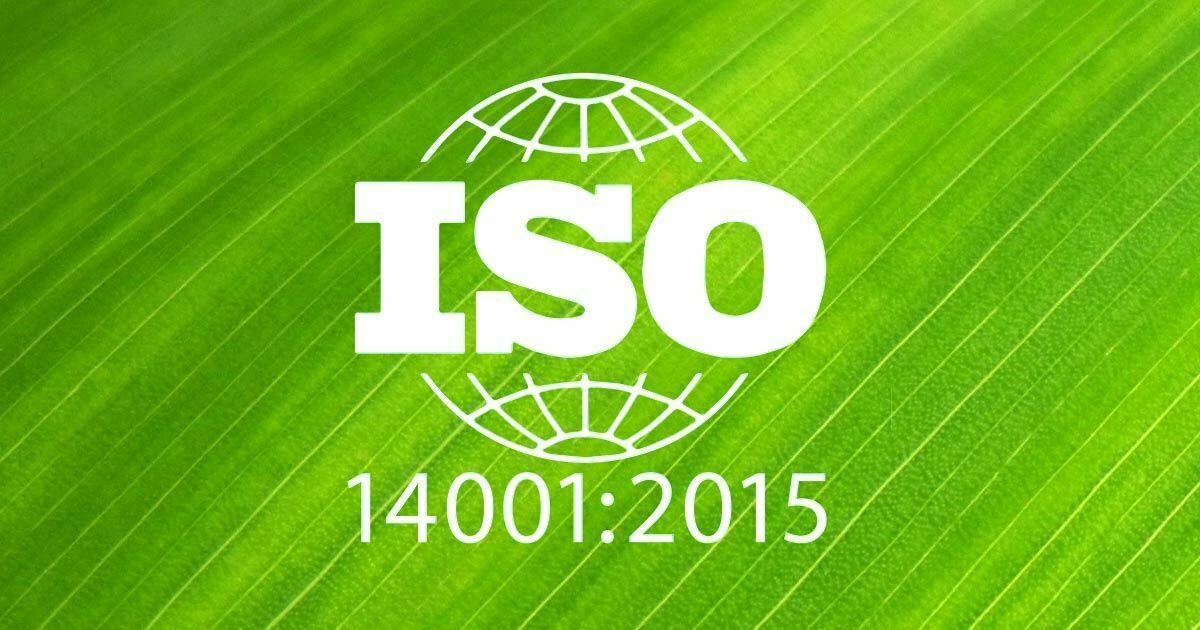Introduction
In the ever-evolving landscape of environmental awareness and sustainable business practices, organizations are increasingly recognizing the need to integrate effective environmental management systems (EMS) into their operations. One of the most widely adopted standards for achieving this is the ISO 14001 certification. This international standard provides a framework for organizations to establish and maintain an EMS that aligns with global best practices.
This article delves into the crucial aspects of ensuring traceability and accountability within the context of ISO 14001 Certification, with a focus on its relevance in Pakistan’s environmental management framework.
Understanding ISO 14001 Certification
ISO 14001 is an internationally recognized standard developed by the International Organization for Standardization (ISO). It outlines the requirements for an effective environmental management system, providing a systematic approach for organizations to identify, monitor, manage, and continuously improve their environmental performance.
The certification process involves a comprehensive evaluation of an organization’s EMS by accredited third-party certification bodies. Achieving ISO 14001 certification demonstrates an organization’s commitment to environmental responsibility and sustainability, enhancing its credibility and competitiveness in the global market.
Importance of Traceability in Environmental Management
Traceability, within the context of ISO 14001 certification, refers to the ability to identify and trace the history, location, and application of products, materials, and processes throughout the supply chain. This is a crucial component for organizations aiming to establish a transparent and accountable environmental management system.
1. Transparent Supply Chains:
Traceability ensures transparency in the supply chain, allowing organizations to identify and assess the environmental impact of each component. This transparency enables better decision-making, as organizations can make informed choices regarding environmentally sustainable suppliers and materials.
2. Risk Mitigation:
By implementing traceability measures, organizations can identify potential environmental risks within their supply chain. This proactive approach allows for the development of risk mitigation strategies, minimizing the likelihood of environmental incidents and ensuring compliance with ISO 14001 standards.
3. Product Life Cycle Assessment:
Traceability facilitates a comprehensive assessment of the entire life cycle of products, from raw material extraction to end-of-life disposal. Understanding the environmental impact at each stage enables organizations to implement targeted improvements, optimizing resource use and reducing their ecological footprint.
Ensuring Accountability through ISO 14001 Certification
Accountability is a fundamental principle of ISO 14001, emphasizing the responsibility of organizations to manage and mitigate their environmental impact. Accountability within an EMS involves clear roles, responsibilities, and mechanisms for monitoring and reporting on environmental performance.
1. Defined Roles and Responsibilities:
ISO 14001 requires organizations to define roles and responsibilities related to environmental management. This ensures that individuals at all levels of the organization understand their roles in achieving environmental objectives, fostering a culture of accountability.
2. Performance Monitoring and Measurement:
The standard mandates the establishment of processes for monitoring and measuring environmental performance. Regular assessments allow organizations to track progress, identify areas for improvement, and demonstrate accountability to stakeholders and regulatory bodies.
3. Continuous Improvement:
ISO 14001 promotes a culture of continuous improvement through the Plan-Do-Check-Act (PDCA) cycle. This cycle encourages organizations to set environmental objectives, implement actions to achieve them, monitor results, and make necessary adjustments. The commitment to continuous improvement reflects a high level of accountability in environmental management.
ISO 14001 Certification in Pakistan: Navigating Environmental Challenges
As businesses in Pakistan recognize the imperative of sustainable practices, ISO 14001 certification has gained prominence as a strategic tool for addressing environmental challenges. The certification provides a structured approach for organizations to enhance their environmental performance and comply with local and international regulations.
1. Adapting to Local Environmental Regulations:
Pakistan faces unique environmental challenges, including air and water pollution, deforestation, and inadequate waste management. ISO 14001 certification assists organizations in aligning their EMS with local regulations, ensuring compliance and contributing to national environmental goals.
2. Building Stakeholder Confidence:
In a region where environmental concerns are increasingly in the spotlight, ISO 14001 certification serves as a powerful tool for building stakeholder confidence. Whether it be customers, investors, or regulatory bodies, the certification demonstrates a commitment to responsible environmental practices, enhancing an organization’s reputation.
3. Addressing Resource Scarcity:
Pakistan, like many other countries, grapples with resource scarcity. ISO 14001 emphasizes resource efficiency and sustainable practices, helping organizations in Pakistan optimize resource use, reduce waste, and contribute to the conservation of natural resources.
Challenges and Solutions in Implementing ISO 14001 Certification
While the benefits of ISO 14001 Certification are significant, organizations may encounter challenges during the implementation process. Addressing these challenges is crucial for ensuring the effectiveness and sustainability of the EMS.
1. Resource Constraints:
Many organizations, especially in emerging economies, may face resource constraints when implementing ISO 14001. This challenge can be mitigated by integrating environmental management into existing business processes and leveraging available resources efficiently.
2. Employee Engagement:
The success of an EMS depends on the commitment and involvement of employees at all levels. Organizations can overcome this challenge by fostering a culture of environmental awareness, providing training programs, and recognizing and rewarding environmentally responsible behavior.
3. Integration with Other Management Systems:
Organizations often operate multiple management systems, such as quality and safety. Integrating these systems with ISO 14001 certification can be challenging. However, an integrated approach streamlines processes, reduces duplication of efforts, and enhances overall organizational performance.
Conclusion
In conclusion, ensuring traceability and accountability is integral to the successful implementation of ISO 14001 certification. The standard provides a framework for organizations to establish effective environmental management systems, fostering transparency, and responsibility in the face of global environmental challenges.

